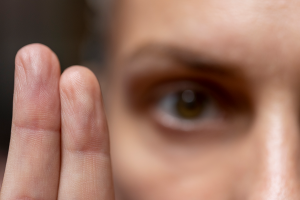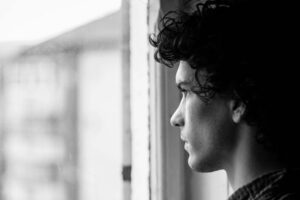Childhood experiences shape the way we see ourselves, others, and the world around us. When those experiences include trauma—such as abuse, neglect, loss, or instability—they can leave lasting effects well into adulthood. Many people ask, how does childhood trauma affect adulthood? The answer is complex, but understanding the connection is an important step toward healing.
Emotional and Mental Health Effects
One of the most common ways childhood trauma affects adulthood is through mental health challenges. Adults with unresolved trauma may struggle with anxiety, depression, low self-esteem, or difficulties trusting others. Trauma can also contribute to post-traumatic stress disorder (PTSD) or other stress-related conditions.
Relationship Challenges
Childhood trauma often impacts the way adults form and maintain relationships. Some may become overly dependent, while others may avoid closeness for fear of being hurt. These patterns can create cycles of conflict, disconnection, or repeated unhealthy dynamics.
Physical Health Impacts
Research shows that childhood trauma doesn’t just affect emotions—it can also influence physical health. Chronic stress from early trauma has been linked to headaches, digestive problems, sleep issues, and even increased risk of long-term conditions such as heart disease.
Pathways to Healing
Although the effects of childhood trauma can be significant, healing is absolutely possible. Therapy for trauma provides a safe, supportive space to explore painful experiences, learn coping strategies, and develop healthier patterns in relationships and daily life. With time and guidance, adults can process their past and move toward greater resilience, peace, and self-acceptance.







